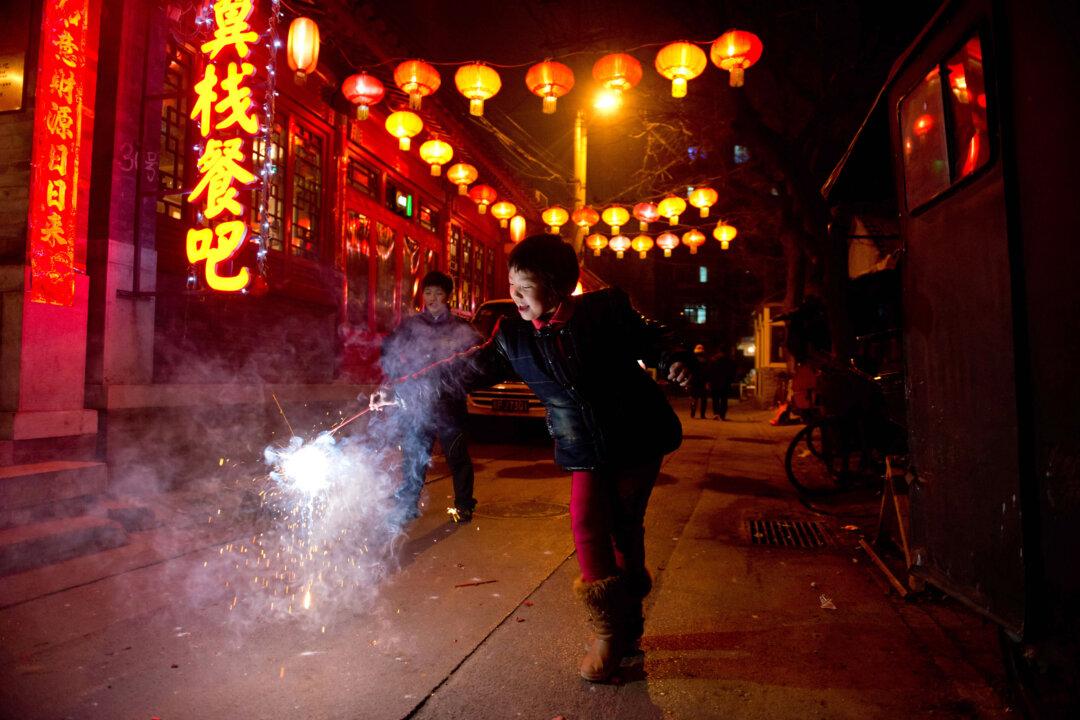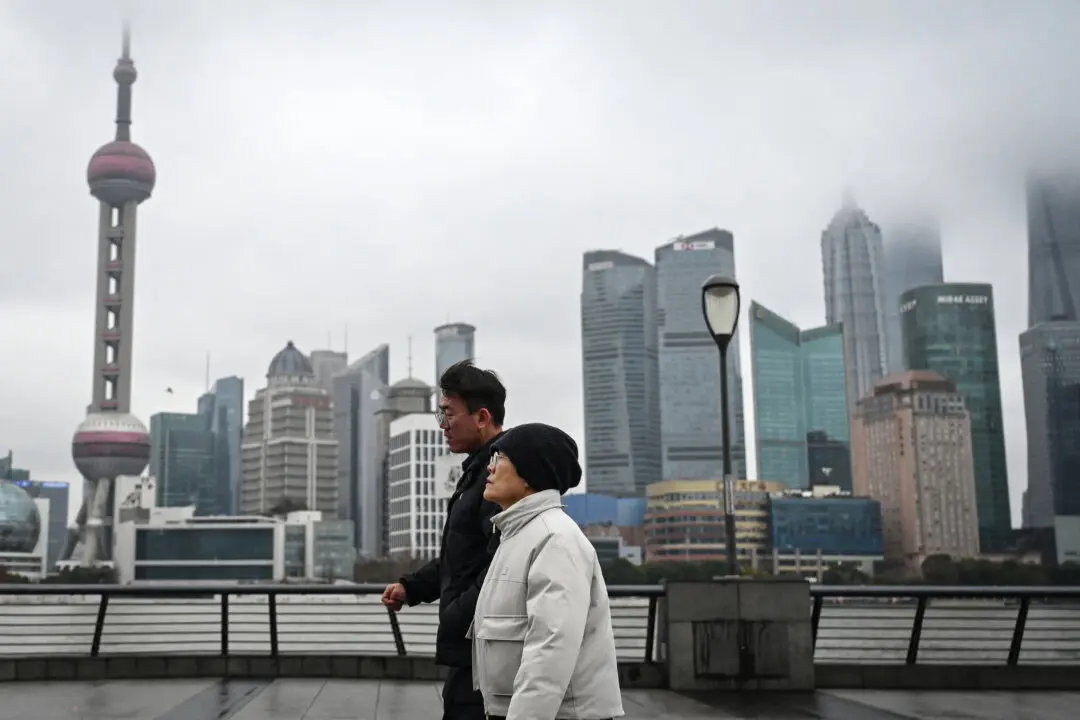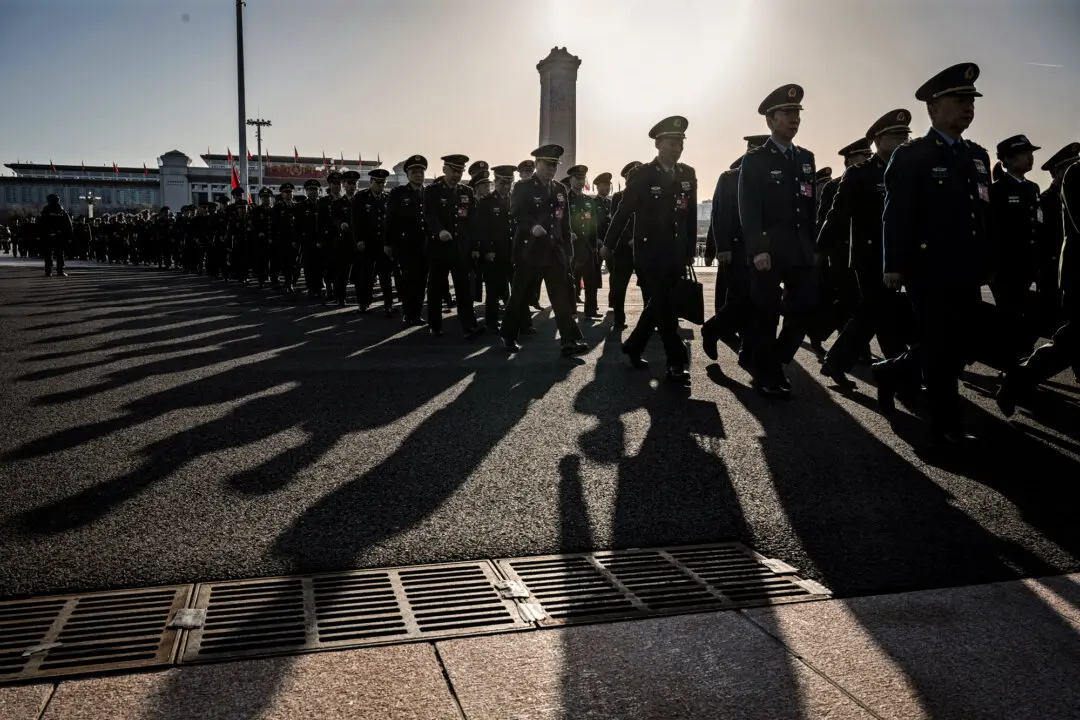Major Chinese media outlets reported on Feb. 14 that the Chinese Communist Party (CCP) rolled out a new policy to revive traditional Chinese culture by 2025. However, the policy was criticized by media and China commentators who accuse the regime of using traditional culture as a facade for its own political gain, while destroying its essence.
The newly issued policy, called “Major National Policy of the State Council: Comprehensive Rejuvenation of Traditional Culture by 2025,” reiterates a policy from a similar document issued in 2017. The new policy requests all levels of the CCP to support traditional culture. It declares that China will “rejuvenate traditional culture in an all-around way by 2025.” The CCP is also requiring the implementation of the so-called “Chinese Traditional Festival Revitalization Project” in the policy.




